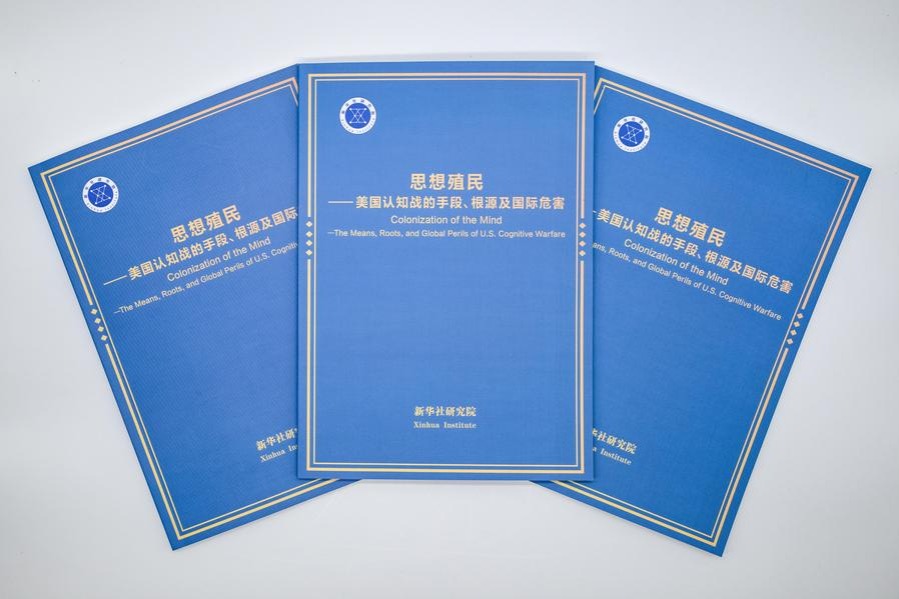Top legislature calls for increased supervision of seed sector

China's top legislature on Friday suggested governments at each level should increase supervision of seed management and planting in a move to improve food security.
"We found more than 30 percent of counties across the country have no authority in charge of seed management and planting, and it is also not clear which department should manage seeds for traditional Chinese medicines," said Zhang Baowen, vice-chairman of the Standing Committee of the National People's Congress.
He made the remarks while submitting a report on the enforcement of the Seed Law to the bimonthly session of the NPC Standing Committee on Friday morning for review.
From July to November, Zhang, and other legislators, visited six provinces, including?Hebei and Hainan, to conduct research into whether the law was being implemented. They also sought advice on seed planting innovation from agricultural experts.
Zhang said technology adoption in seed planting was not enough to increase farmers' incomes or satisfy market demand.
In the report, he suggested enterprises improve innovation in seed cultivation, urging departments under the State Council to make a cultivation plan.
The legislature adopted revisions to the law in 2015, the first change since it was enacted in 2000.
The revised law left the major-crop seed approval system unchanged, but cut those that need regulatory approval before hitting the market from 28 to five — rice, corn, wheat, soybean and cotton — to stimulate seed research innovation while safeguarding food security.
Producers of seeds other than the five major ones only need to register their products with regulators, the law said.
- High penalties suggested for data breaches
- AI risks, collaborative defense focus of Kunming cyber forum
- Draft prison law emphasizes fair treatment for inmates
- Students welcome social media account of RUC's Party secretary
- China Daily app announces winners of limited-edition military models
- China formulates, revises 150 sets of administrative regulations in 14th Five-Year Plan period





































